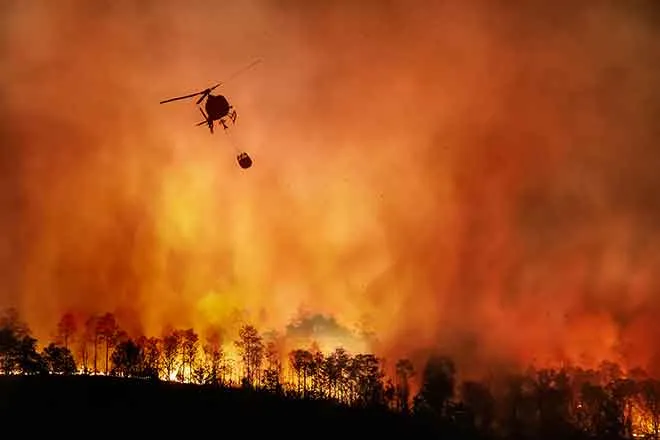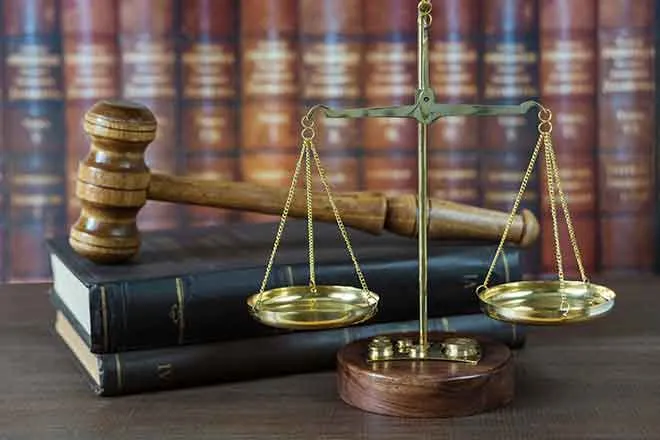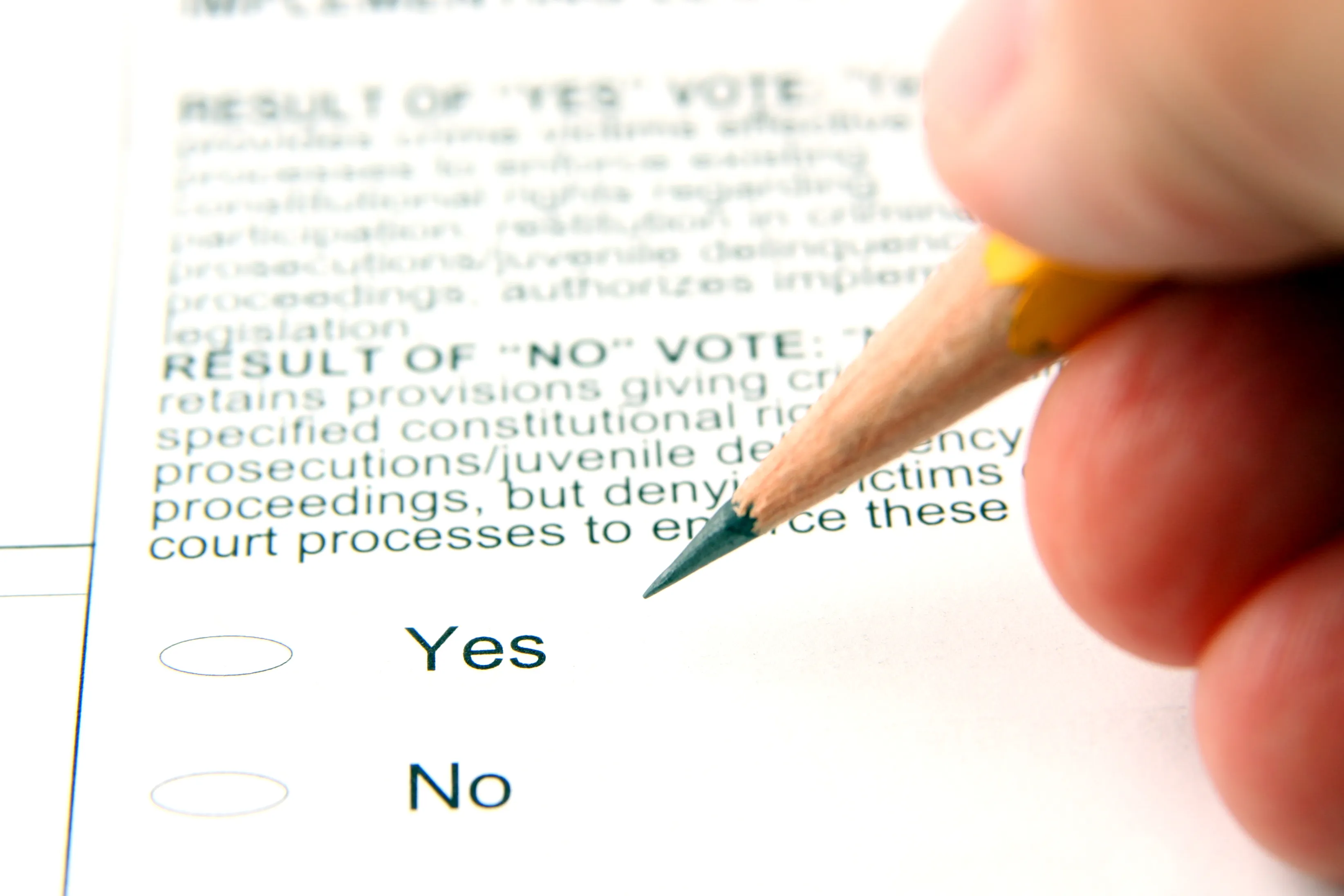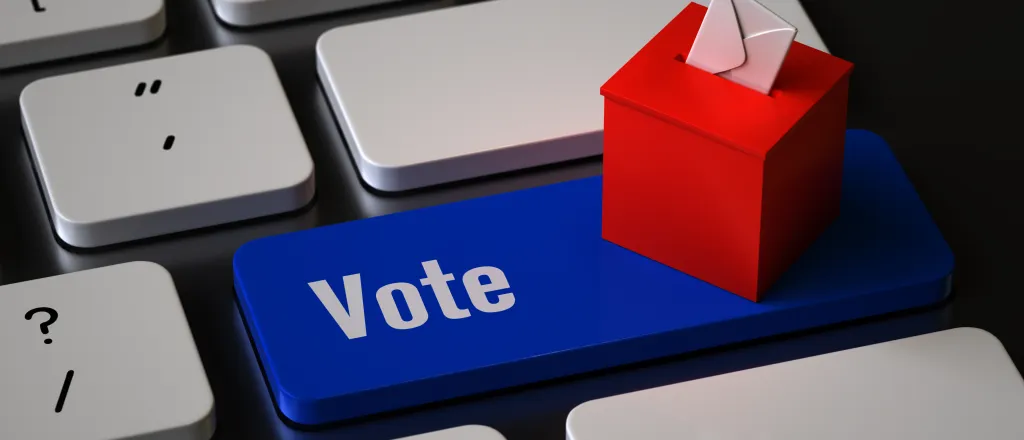
Indigenous groups fight limiting remote ballot collection
Click play to listen to this article.
(Big Sky Connection) Montana's Indigenous population is pushing back against efforts to limit ballot collection on tribal lands.
Many members of the state's seven tribes live several hours from the nearest polling place. The Montana Supreme Court has ruled two laws make it prohibitive for people living on reservations to reach a polling place or mail an absentee ballot before Election Day. The state is now asking the U.S. Supreme Court to review that ruling.
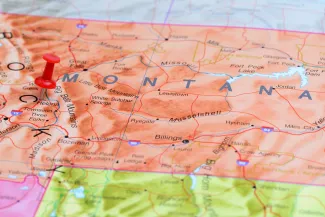
Ronnie Jo Horse, executive director of the group Western Native Voice, said they collect ballots from tribal residents who face transportation and other hurdles that keep them from getting to a physical polling place and added the service was very important during the pandemic.
"We had a novel virus going around," Horse pointed out. "A lot of people were afraid to leave their houses because Native Americans had a really high mortality rate than any other group in America."
The bills ended Election Day voter registration and third-party ballot collection services in Montana but the state's high court ruled them unconstitutional and stopped them from taking effect.
The American Civil Liberties Union said voters on tribal lands have "disproportionately relied on" Election Day voter registration and ballot collection services in Montana to cast ballots. Horse stressed the critical services need to be protected.
"If they did put (up) more barriers or even take away ballot collection, those will actually put up barriers for all of Montana, not only Native Americans, to make that decision and cast their vote," Horse contended.
Election Day registration has been the law in Montana for 15 years and efforts to end it were seen as measures to make voting for Indigenous people more difficult. Early voting in Montana starts October 7.

